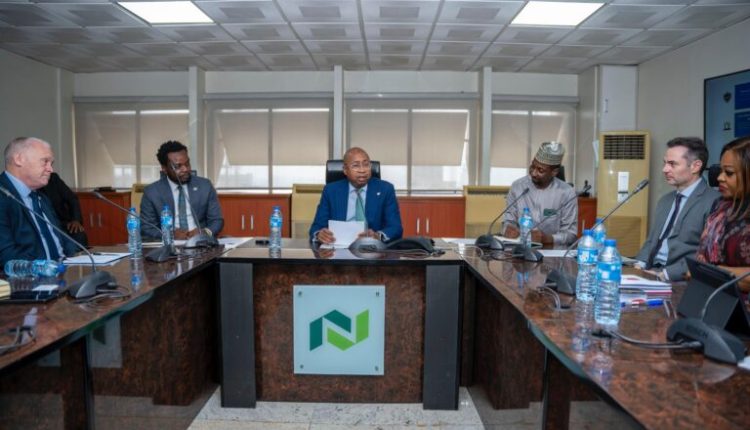
UK Government Pledges Support for Nigeria’s Cybersecurity Initiatives
The United Kingdom Government has expressed its strong support for the ongoing efforts of Nigerian stakeholders to address cybersecurity challenges in the country.
According to Mark Smithson, Country Director of the UK’s Department for Business and Trade (DBT) in Nigeria, the UK is uniquely positioned to collaborate with Nigeria in raising awareness and addressing emerging cybersecurity threats affecting both nations.
Smithson provided this assurance in a statement issued by the British High Commission on Wednesday, following a stakeholders’ roundtable aimed at identifying practical steps to address Nigeria’s cybersecurity challenges.
He highlighted key insights from the discussion, including the significance of public-private partnerships in tackling cyber threats and the need for continuous education and training for cybersecurity professionals. The event also focused on developing effective strategies to combat cybercrime and promoting cybersecurity awareness among individuals and organisations.
Smithson emphasised the importance of collaboration and information sharing to create a unified approach to Nigeria’s cybersecurity issues, leveraging the collective expertise of participants. He added that the roundtable sought to establish a platform for ongoing collaboration and knowledge exchange among stakeholders across various sectors to improve cybersecurity practices.
“Identify and assess cross-cutting needs and challenges across regulatory, supply, and demand sides to inform future cybersecurity strategies and policies. Create a platform that enables demand and supply-side actors to access state-of-the-art cybersecurity solutions that benefit everyone,” Smithson stated.
Kashifu Inuwa Abdullahi, Director General of the National Information Technology Development Agency (NITDA), underscored that cybersecurity is a shared responsibility requiring coordinated action at all levels.
“Together, we must take proactive steps to safeguard our digital sovereignty, protect our critical information assets, and build a resilient, secure future for all,” Abdullahi remarked.
Haruna Jalo-Waziri, Chief Executive Officer of Central Securities Clearing System (CSCS), noted that cyber threats are becoming increasingly sophisticated, diverse, and widespread. He stressed that businesses in Nigeria, particularly in the financial services sector, are facing an alarming volume of attacks.
Addressing these threats, he explained, necessitates a security culture rooted in continuous education and awareness.
“Cybersecurity is not a challenge any organisation can tackle alone. It requires coordinated efforts, cross-industry partnerships, and a collective commitment to protecting our digital future,” Jalo-Waziri said.
Jude Chiemeka, Chief Executive Officer of Nigerian Exchange Limited, also emphasised the economic risks posed by cybersecurity threats, which could undermine Nigeria’s ambition to become Africa’s digital leader.
“It has a concerning impact on Nigerian banks, which lost ₦14.65 billion to electronic fraud in 2021—a 187 percent increase from 2020,” Chiemeka stated.

Comments are closed.